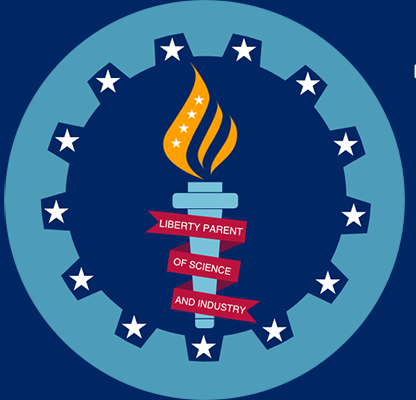There should exist a strict legal separation of state and economy in the United States, just as, and for the same reason, there exists a legal separation of state and church. Just as religious belief and practice is, properly, a matter of private choice and initiative, so are an individual’s economic choices and activities. Provided individuals are not criminals—i.e. they do not initiate force or fraud against innocent victims—their right to their own beliefs, their own choices, and their own activities, material as well as spiritual, must be upheld and protected by the legal system. The first clause of the First Amendment to the U.S. Constitution states:
“Congress shall make no law respecting an establishment of religion, or prohibiting the free exercise thereof…”
We full-mindedly and wholeheartedly agree. Similarly, we support a Constitutional amendment stating:
“Congress shall make no law respecting the establishment of economic regulations, or restricting the free exercise of voluntary production and trade.”
If business persons, like religious persons or clergy, initiate force or fraud, they should be properly prosecuted under the laws of the criminal justice system. But if they initiate neither force nor fraud, then the government must be constitutionally debarred from interfering with their activities.
Two centuries of capitalism and millennia of statism demonstrate two practical conclusions: When an individual’s rights are protected to freely engage in production and trade, immense advances result in innovations, in creation of both material and intellectual wealth, in living standards, and in human life expectancies—but when an individual’s rights to voluntarily produce and trade are curtailed by government, when statism in any form is rampant, then progress ceases, the creation of wealth plummets, living standards diminish, and life expectancies decline.
